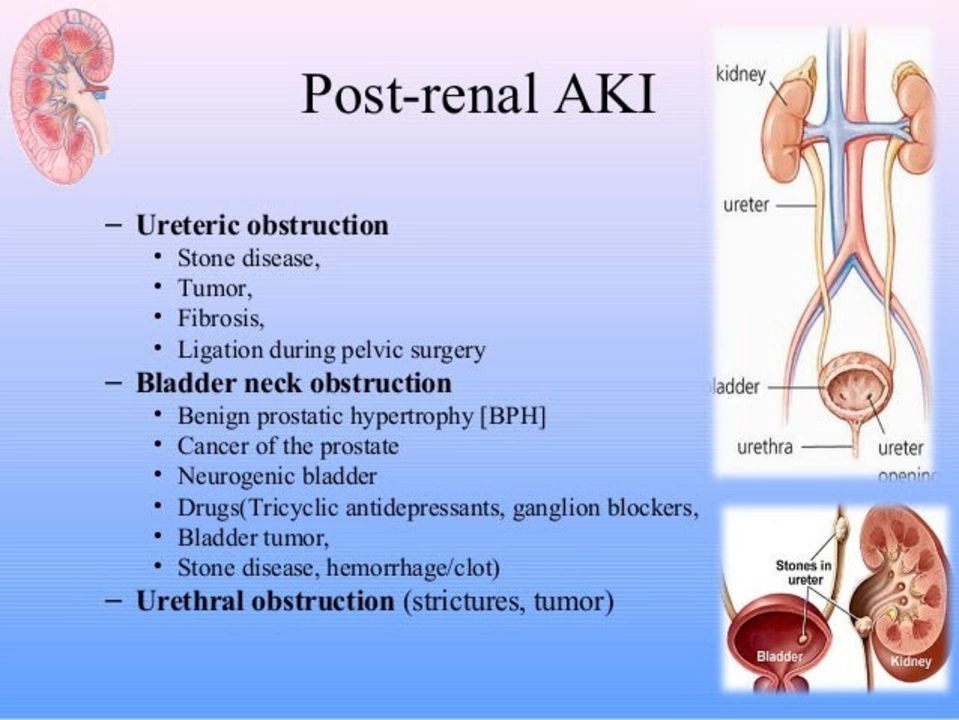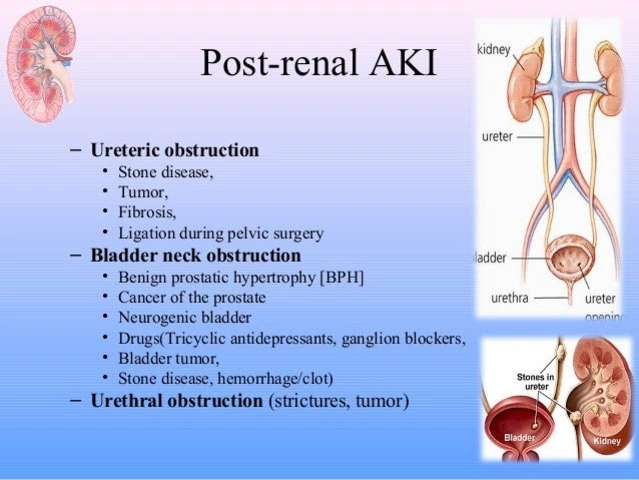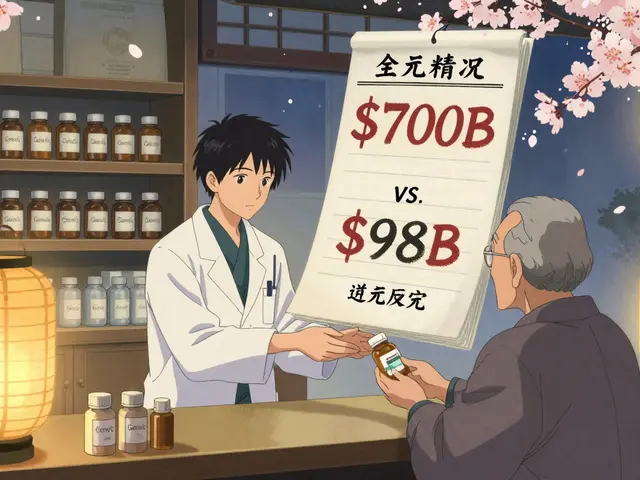Understanding Renal Failure and Kidney Disease
As a person living with kidney disease, I know firsthand how important it is to understand the ins and outs of renal failure and its impact on our lives. Kidney disease affects millions of people worldwide, and it's crucial to be aware of the necessary lifestyle changes we need to make to manage the condition effectively. One of the most significant aspects of managing kidney disease is paying close attention to our diet and nutrition. In this section, we will explore renal failure, its causes, and how it relates to our dietary choices.
Renal failure, also known as kidney failure, is a condition where the kidneys lose their ability to filter waste products from our blood effectively. This can be caused by a variety of factors, such as diabetes, high blood pressure, and certain genetic conditions. When our kidneys aren't working correctly, waste and excess fluid can build up in our body, leading to a host of health problems. That's why it's so important to adopt a kidney-friendly diet to help manage and slow the progression of kidney disease.
The Importance of a Kidney-Friendly Diet
When I was first diagnosed with kidney disease, I quickly realized that my diet would play a huge role in managing my condition. A kidney-friendly diet is designed to help protect our kidneys from further damage by limiting the amount of waste they have to filter. This means being mindful of the foods we consume and making the necessary adjustments to ensure we're supporting our kidney health.
A kidney-friendly diet typically involves monitoring and limiting our intake of sodium, potassium, and phosphorus, as these minerals can be harmful in excessive amounts for people with kidney disease. Additionally, it's essential to consume the right balance of protein, as too much can lead to further kidney damage, while too little can cause malnutrition. By following a kidney-friendly diet, we can not only manage our kidney disease better but also potentially slow its progression and improve our overall health.
Reducing Sodium Intake for Better Kidney Health
One of the first steps I took in adopting a kidney-friendly diet was to reduce my sodium intake. Sodium is a mineral found in many foods, and it plays a crucial role in balancing fluids in our body. However, consuming too much sodium can lead to fluid retention, high blood pressure, and strain on our kidneys. That's why it's essential to monitor our sodium intake and make healthier choices to support our kidney health.
To reduce sodium in our diet, we should focus on consuming fresh, unprocessed foods, as processed and packaged foods tend to be high in sodium. Additionally, we can use herbs, spices, and vinegar to add flavor to our meals instead of relying on salt. When dining out or purchasing packaged foods, it's essential to read nutrition labels and choose options with lower sodium content. Adopting these habits can significantly improve our kidney health and overall well-being.
Managing Potassium and Phosphorus Levels
Another essential aspect of a kidney-friendly diet is managing our potassium and phosphorus intake. Both of these minerals are vital for our body's normal functioning, but in excessive amounts, they can be harmful to those with kidney disease. Since our kidneys are responsible for filtering and maintaining the balance of these minerals, it's crucial to monitor our intake to avoid complications.
To manage potassium levels, we should be mindful of the fruits and vegetables we consume, as some are high in potassium. For instance, we can choose apples, berries, and green beans over bananas, oranges, and potatoes. As for phosphorus, it's essential to limit our consumption of dairy products, nuts, seeds, and processed foods, as these can be high in phosphorus. By making these adjustments, we can help support our kidney function and maintain a healthier balance of these crucial minerals.
Choosing the Right Protein Sources
As someone with kidney disease, I've learned that choosing the right protein sources is a vital part of managing my condition. Protein is an essential nutrient for our body, but consuming too much or the wrong types of protein can put additional strain on our kidneys. Therefore, it's crucial to find a balance in our protein intake to ensure we're meeting our nutritional needs without causing further damage to our kidneys.
When choosing protein sources, we should opt for lean meats, poultry, and fish, as these are less likely to cause kidney damage compared to higher-fat options. Additionally, plant-based protein sources, such as beans, lentils, and tofu, can be a healthier alternative for those with kidney disease. Finally, it's essential to work with our healthcare team to determine the right amount of protein we should be consuming daily, as this can vary depending on our individual needs and the severity of our kidney disease.
By following these nutrition tips and adopting a kidney-friendly diet, we can better manage our kidney disease, slow its progression, and improve our overall health. Remember, it's essential to work closely with our healthcare team to develop a personalized diet plan that meets our specific needs and supports our kidney health.








Stuart Palley
May 9, 2023 AT 19:38Tanuja Santhanakrishnan
May 10, 2023 AT 17:57Karen Werling
May 11, 2023 AT 05:04Lorena Cabal Lopez
May 11, 2023 AT 14:45Sarah Schmidt
May 11, 2023 AT 18:39Billy Gambino
May 12, 2023 AT 13:34Cecil Mays
May 13, 2023 AT 11:12Emil Tompkins
May 13, 2023 AT 11:37Raj Modi
May 14, 2023 AT 02:52Glenda Walsh
May 15, 2023 AT 00:14STEVEN SHELLEY
May 15, 2023 AT 02:48